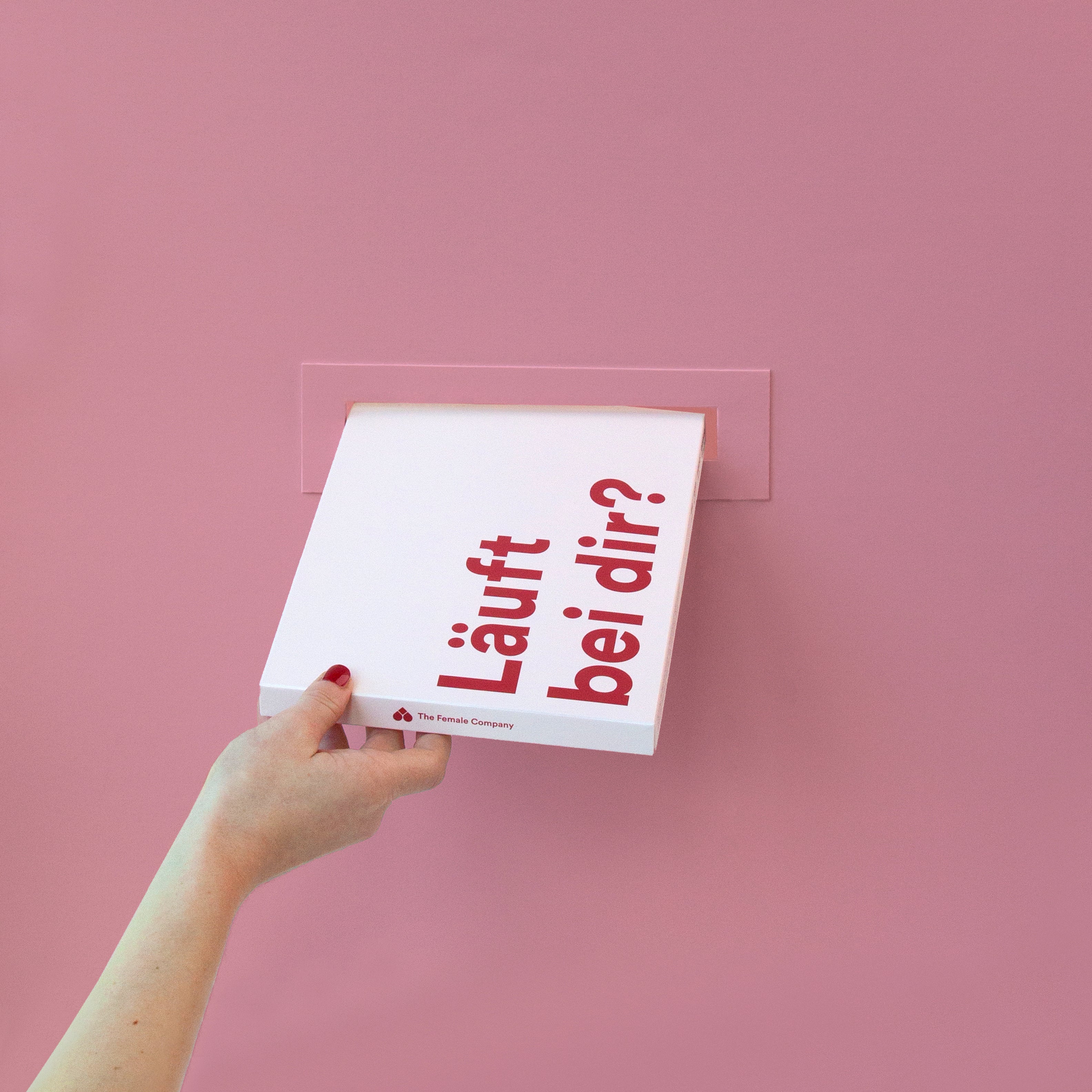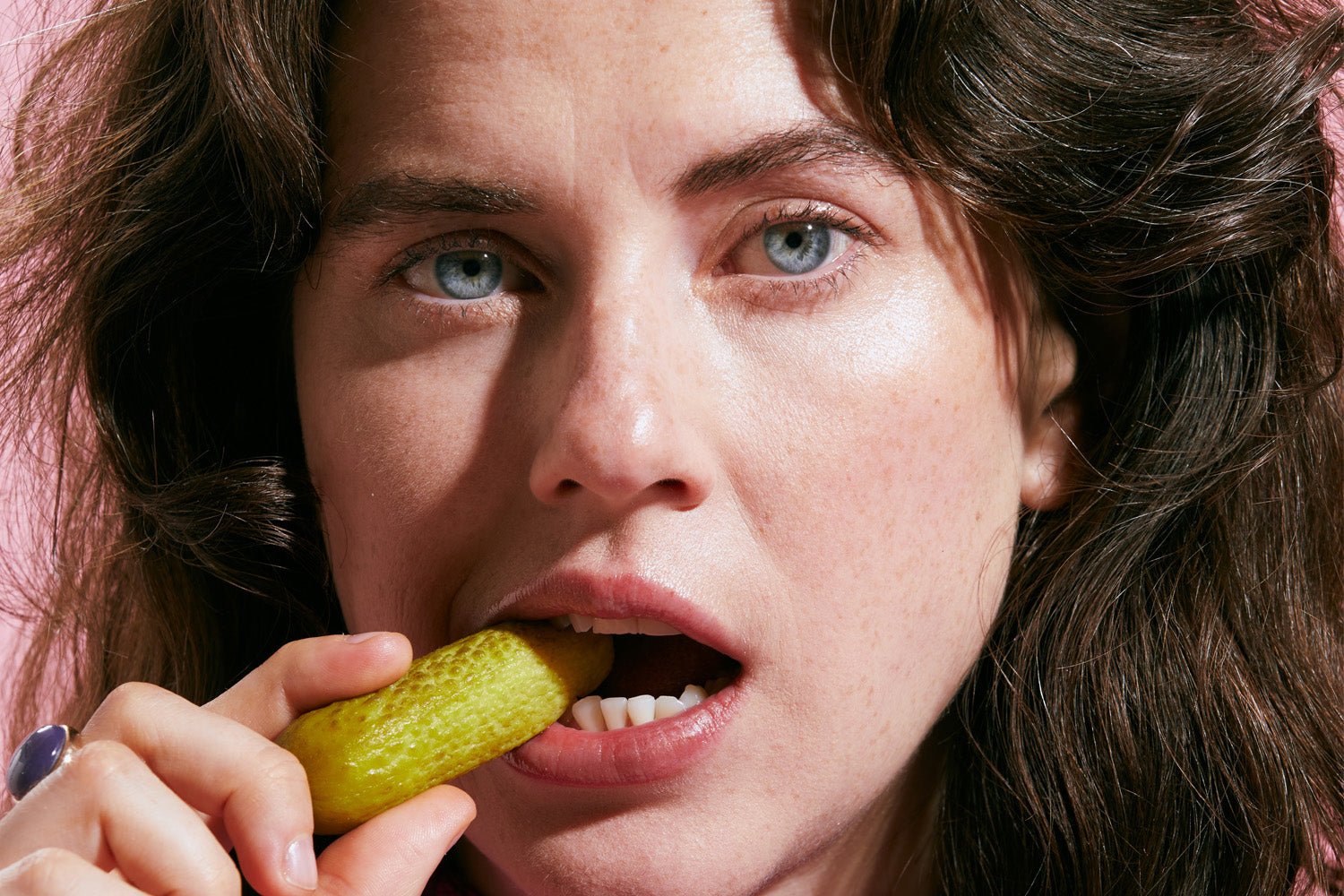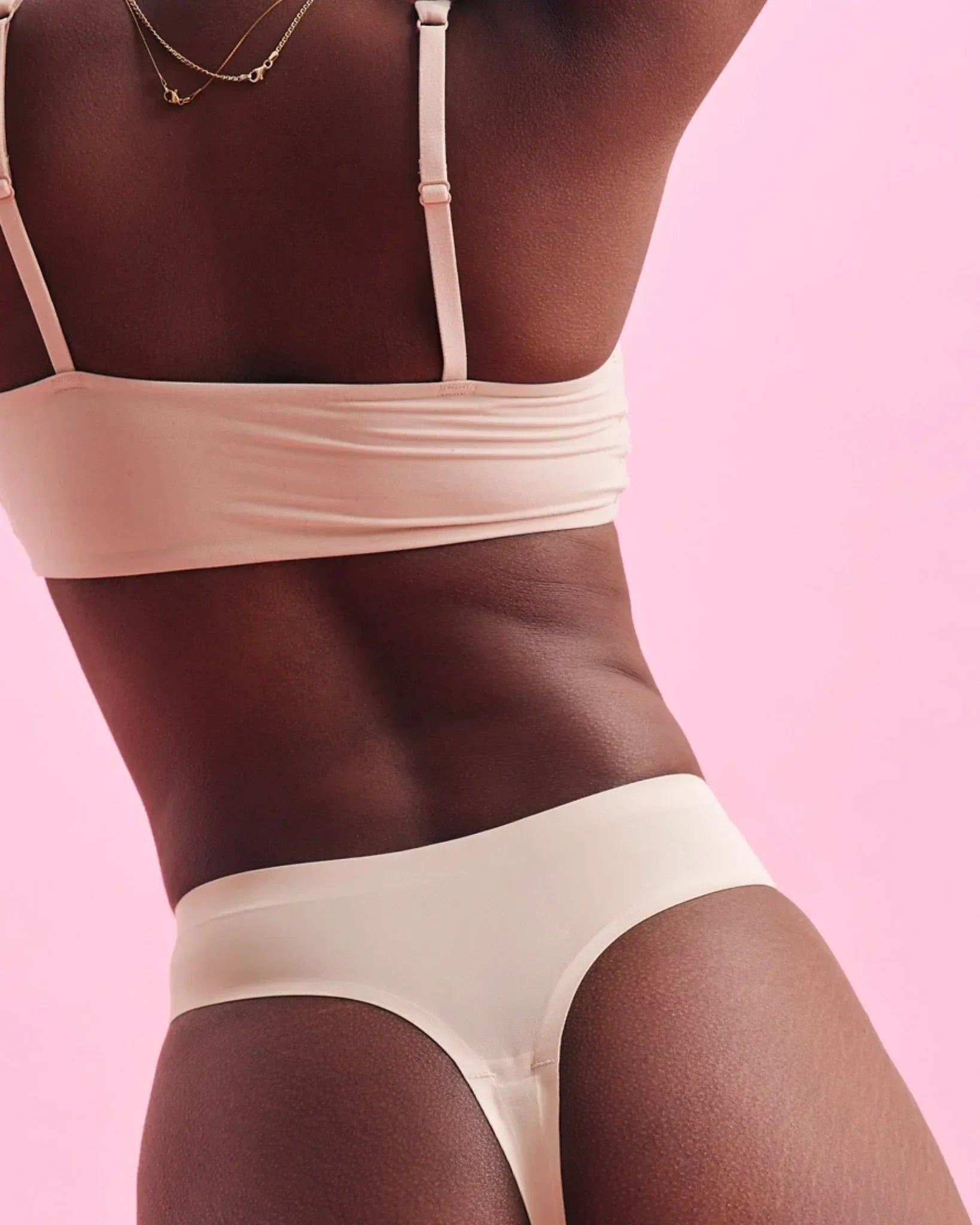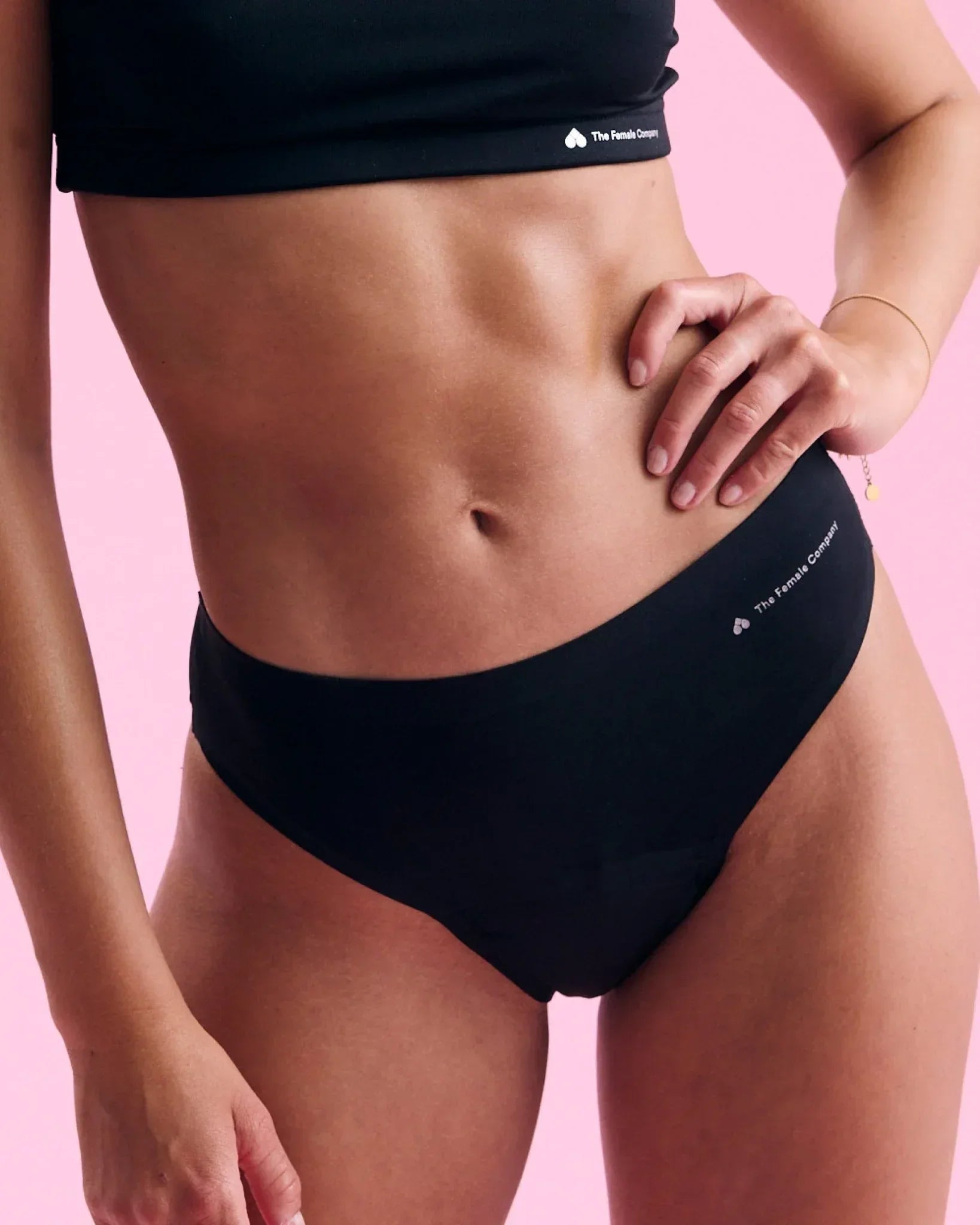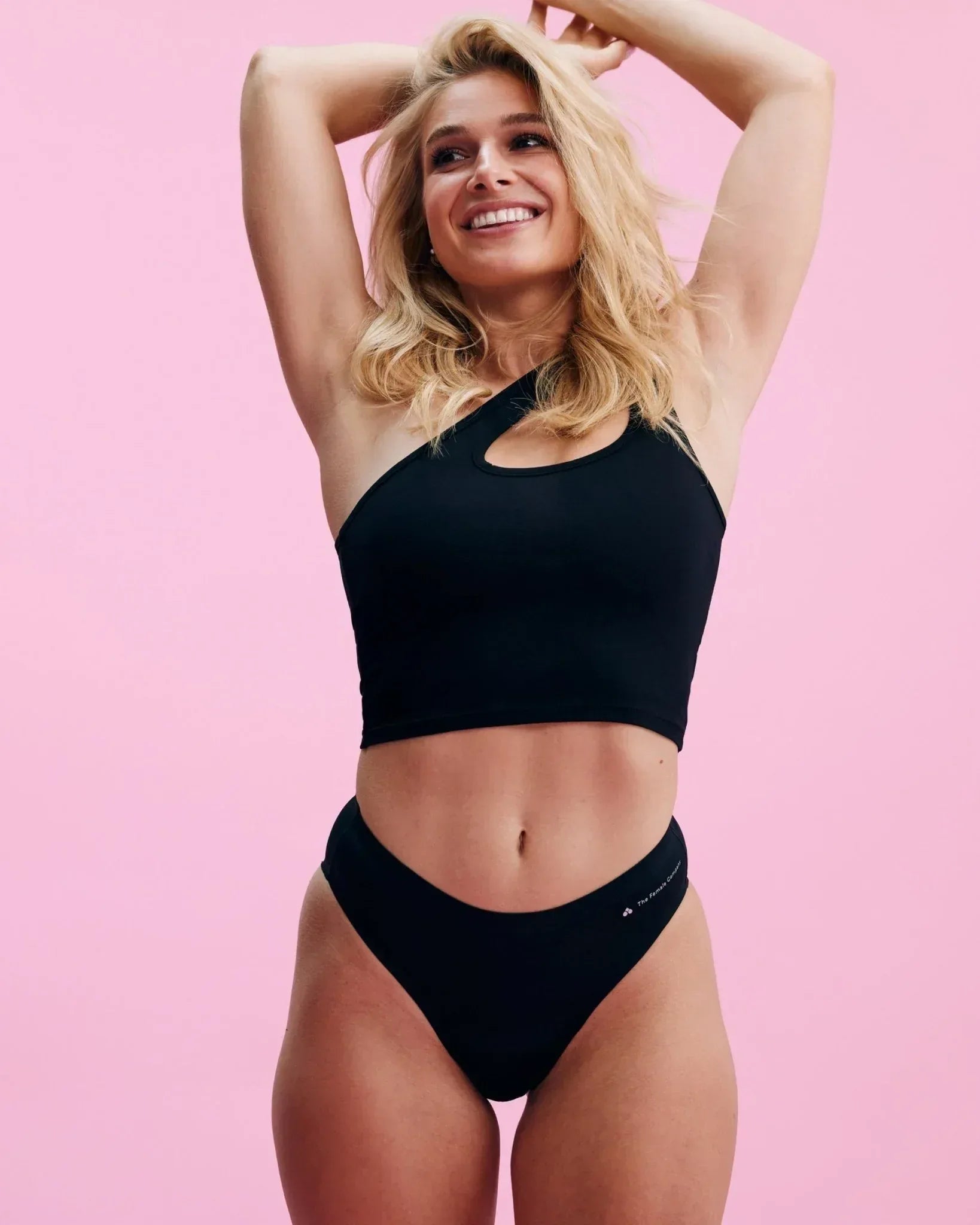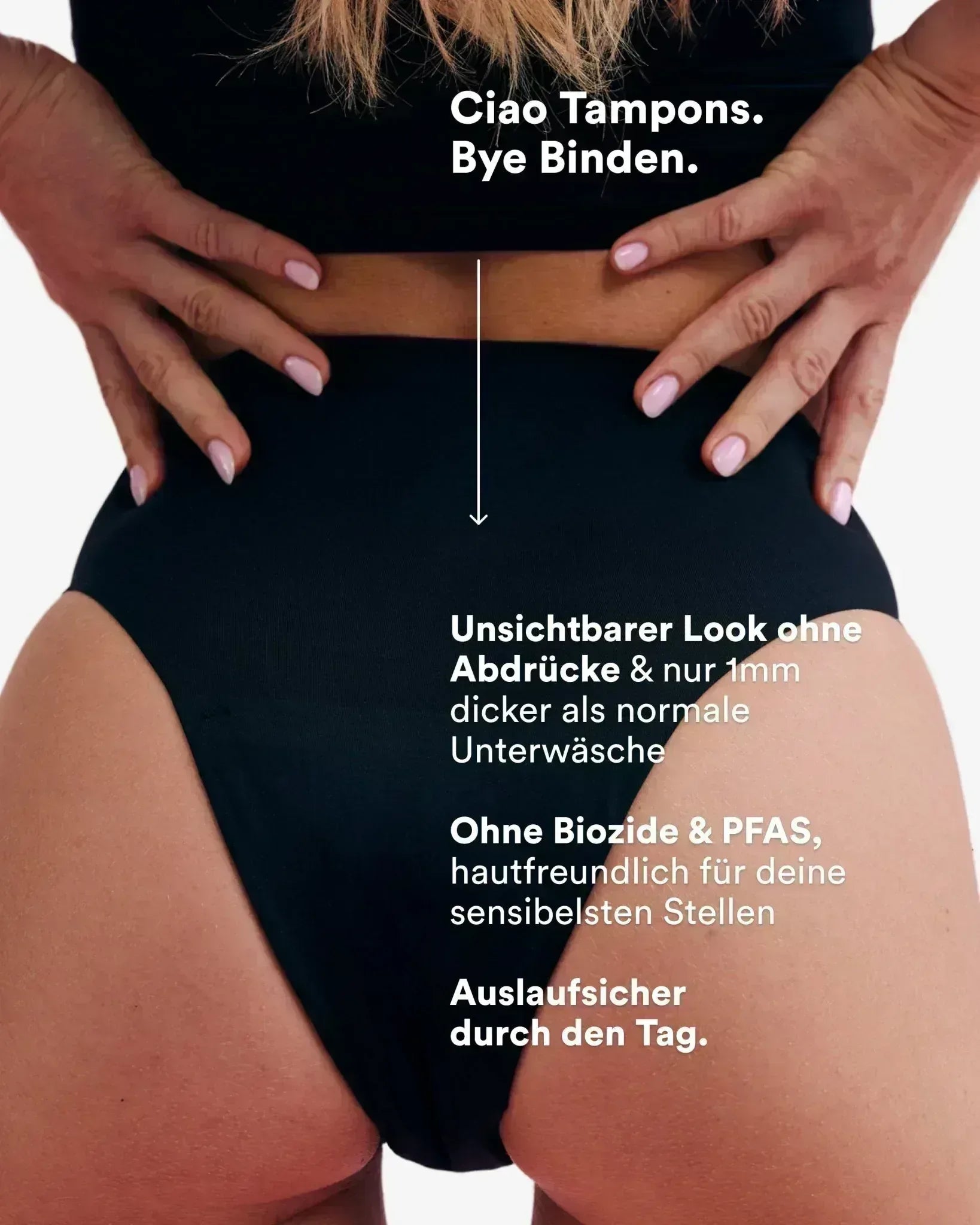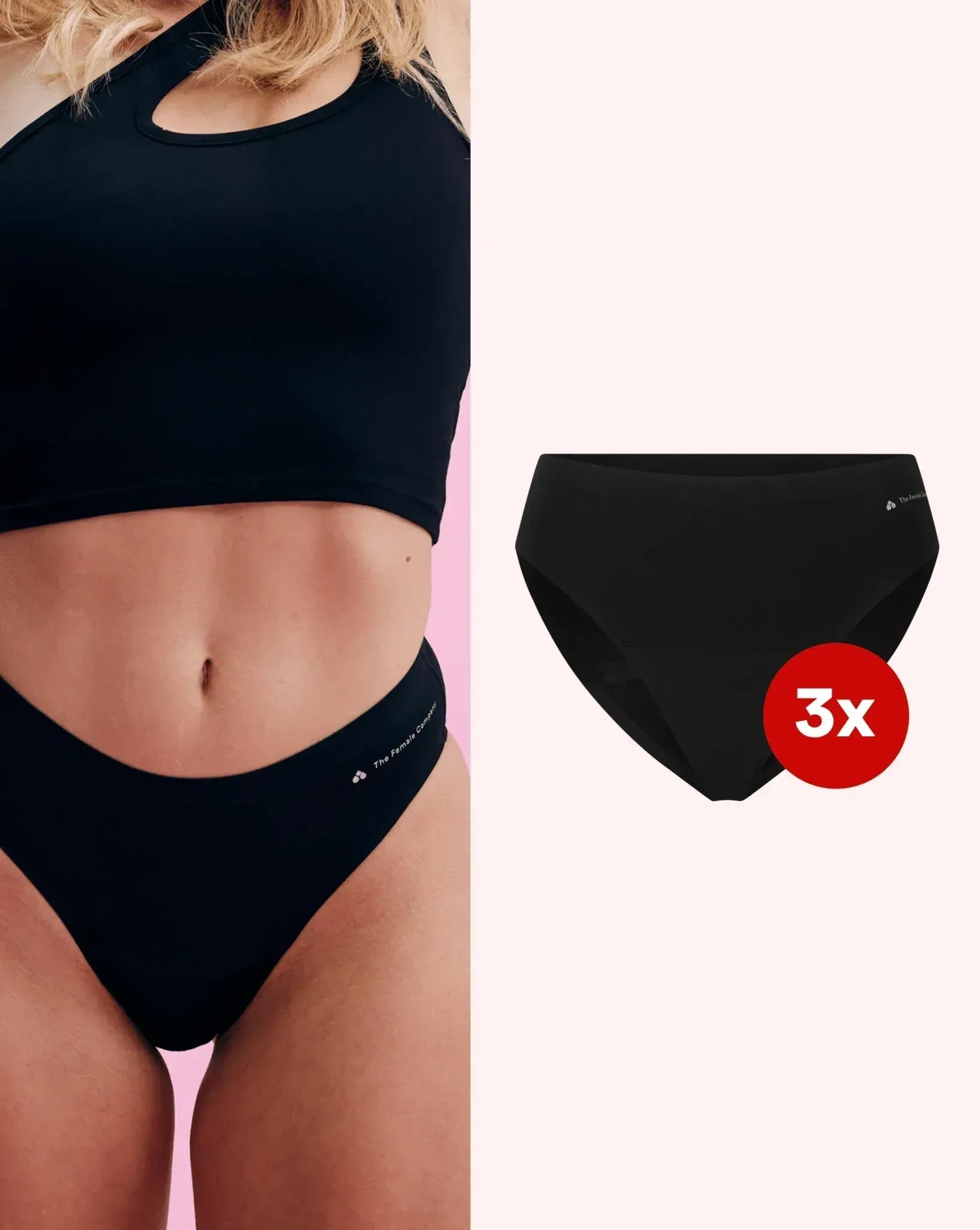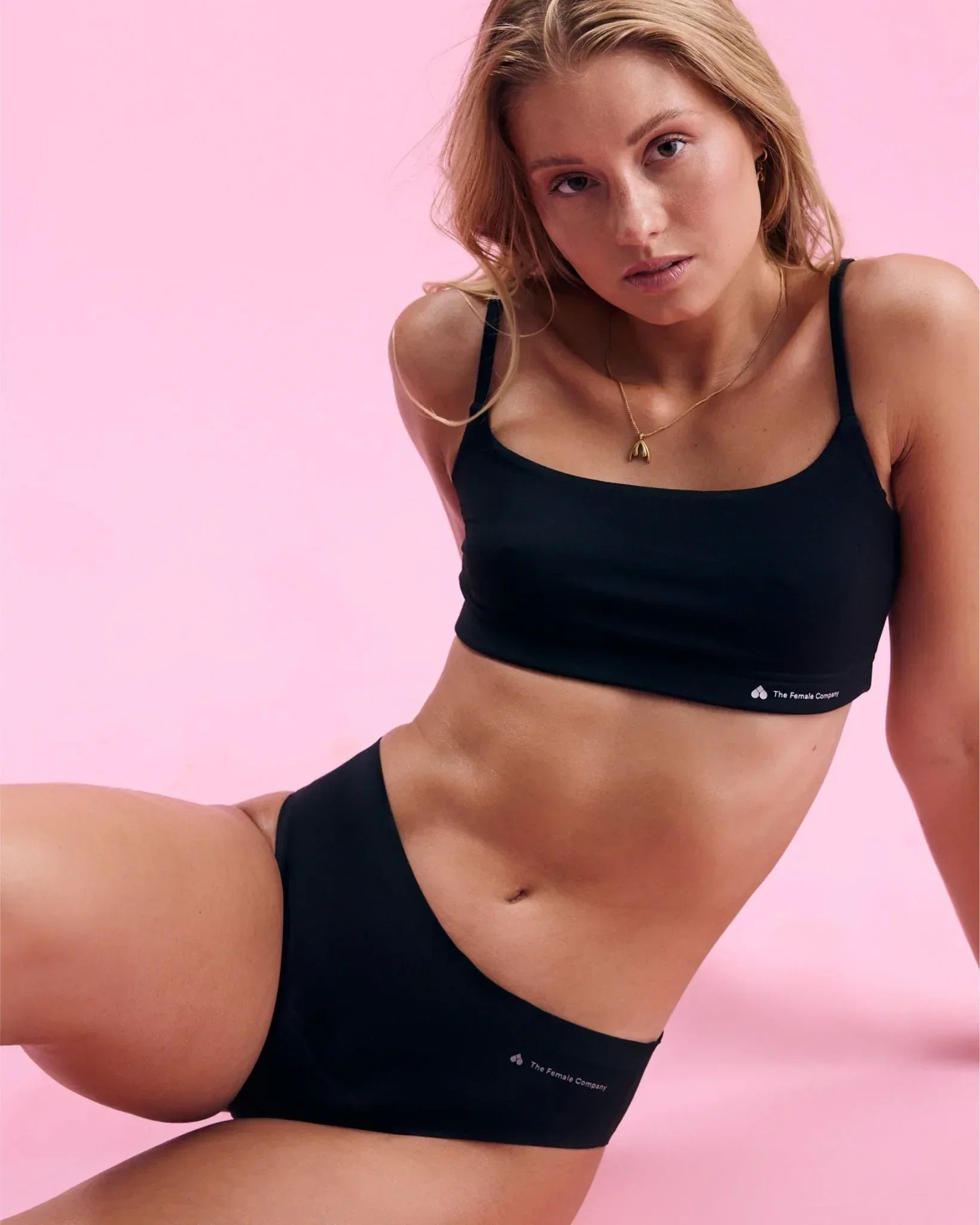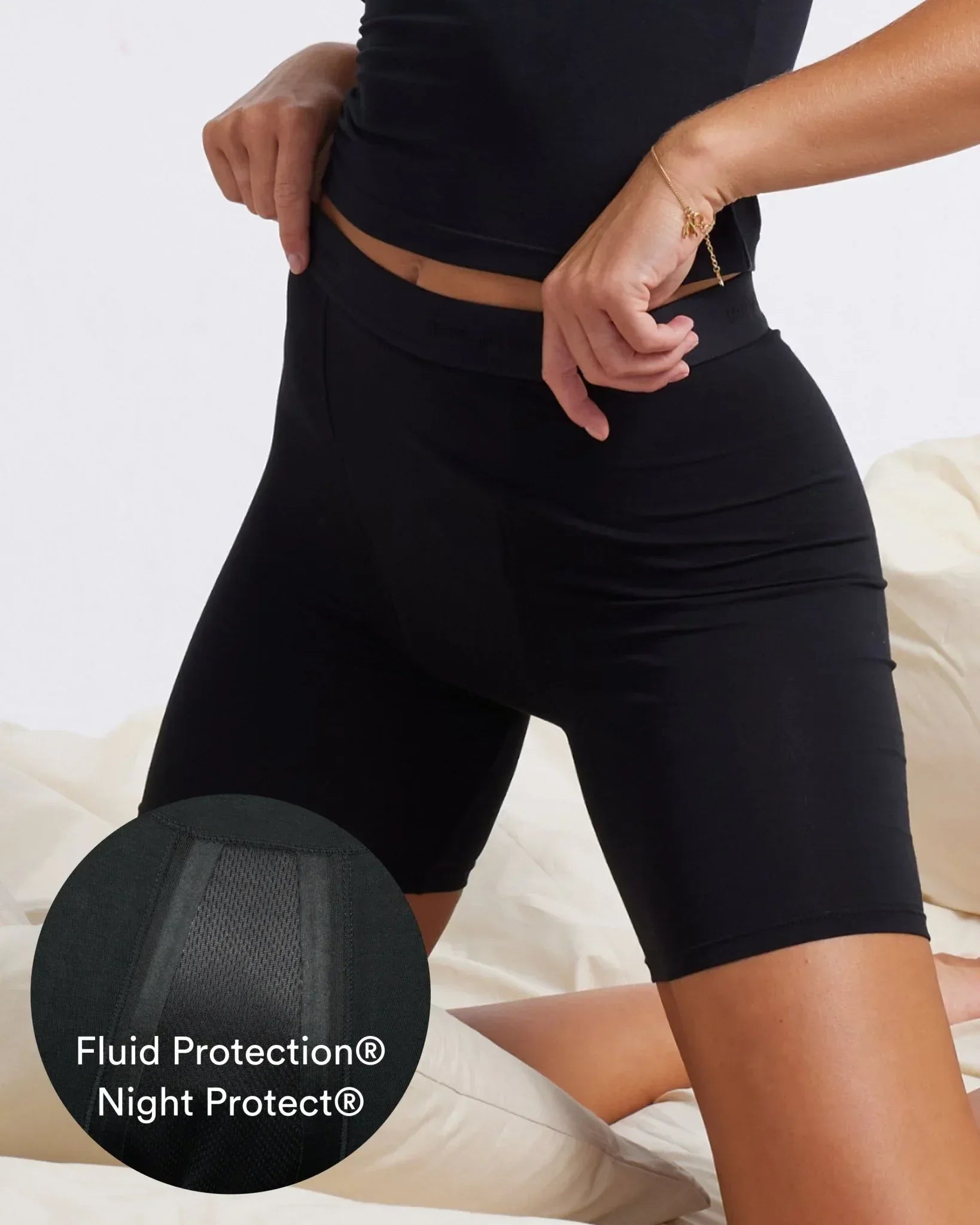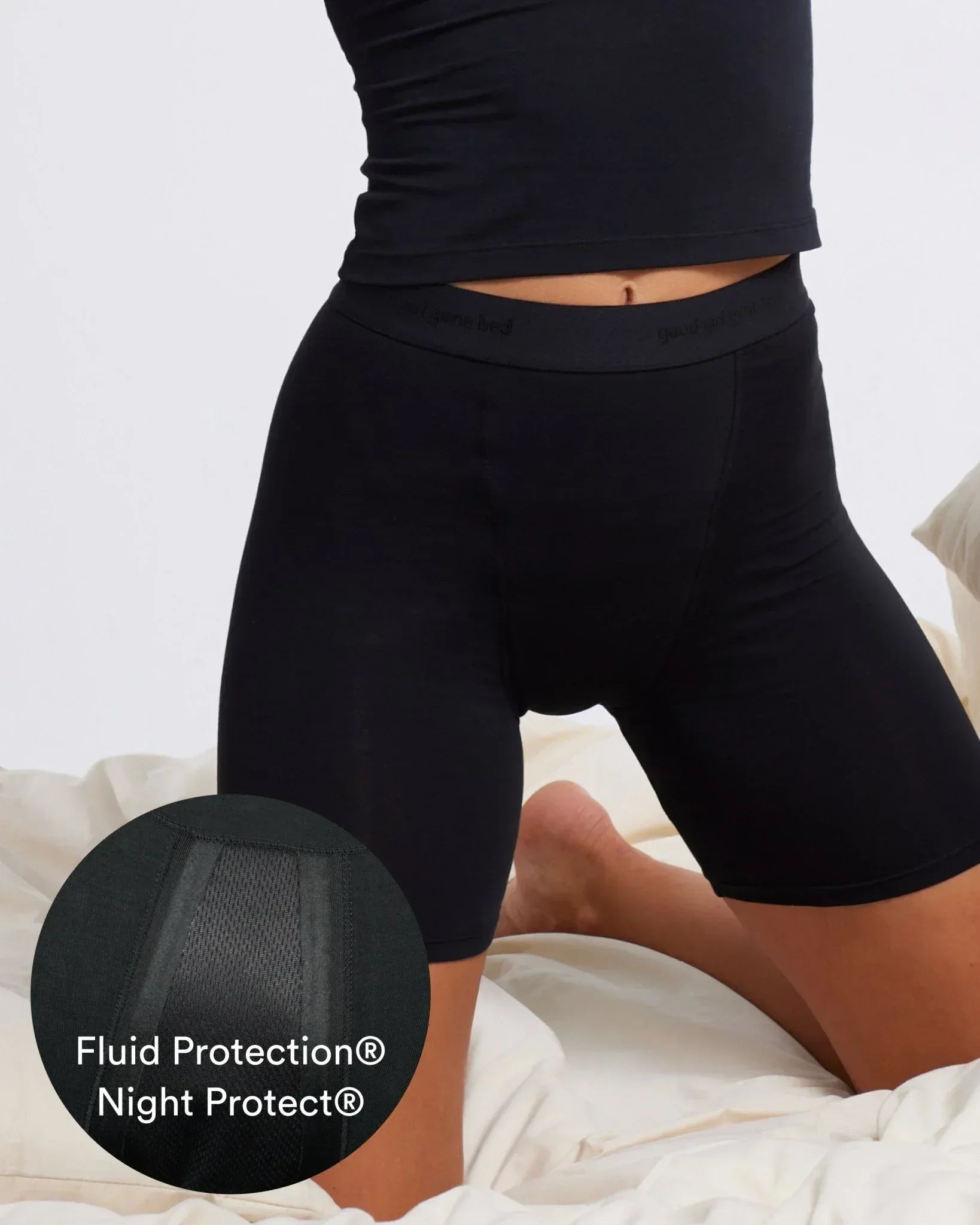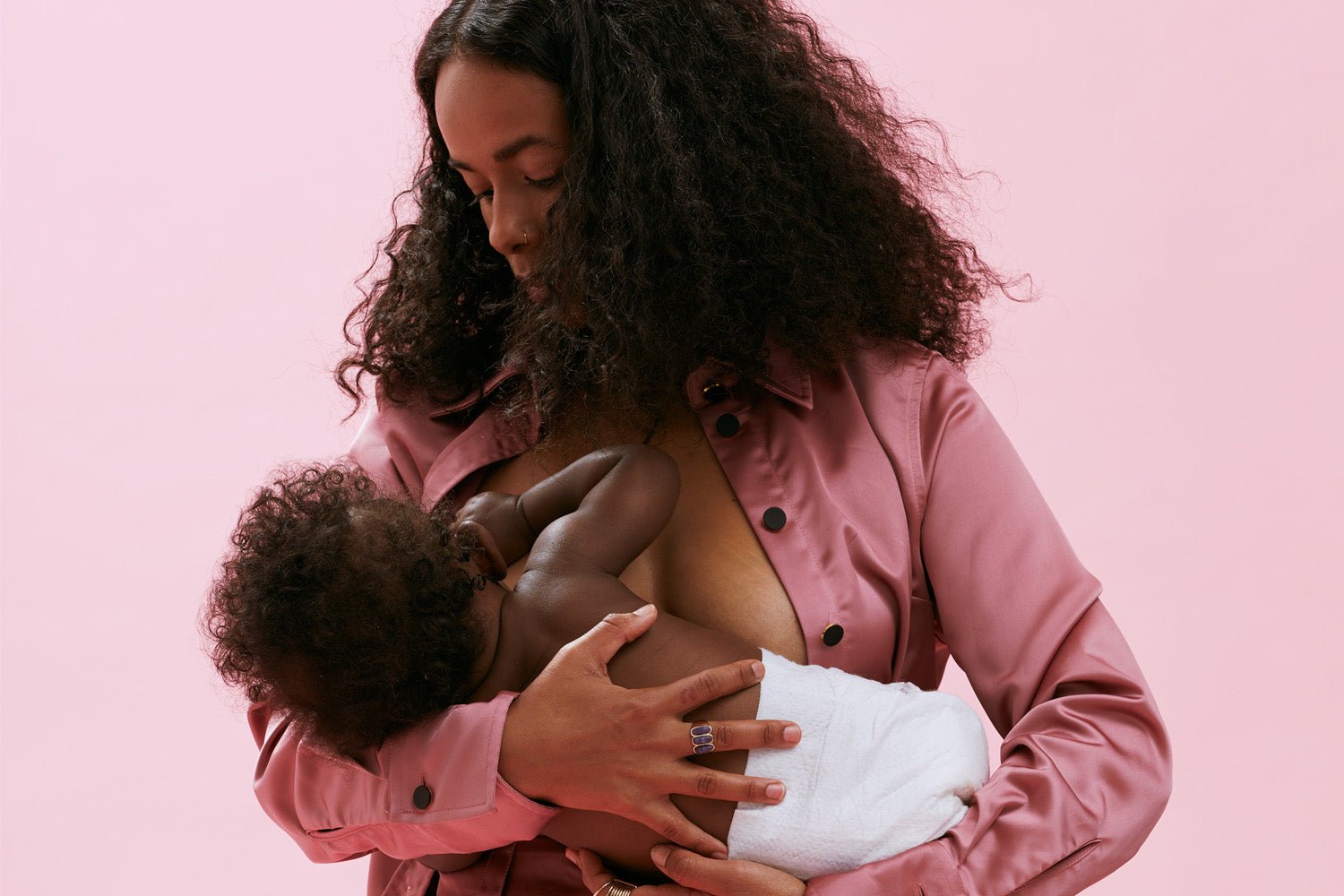As a mum and breastfeeding person, you naturally want only the best for yourself and your baby. Breastfeeding really is the jackpot – it provides your little one with all the essential nutrients and strengthens your bond. But hold on – aren’t there a few things you should avoid in your diet while breastfeeding? What are the forbidden foods and substances that really don’t belong during this time? Don’t worry, we’ve summarised all the important info for you so you can fully enjoy this special time. And if you’re ever unsure, just ask your gynaecologist or midwife – we’re not medical professionals!
Summary
Breastfeeding individuals should avoid nicotine, alcohol, and too much caffeine.
A balanced diet with fruit, vegetables, whole grains, and healthy fats is essential.
Always consult your doctor about medications to avoid effects on the baby.
Table of Contents
Contents
1. Breastfeeding: Nutrient Boost for Your Baby

Let’s be honest: breast milk is simply the ultimate jackpot for your baby – and for you too. It provides exactly the nutrients needed for healthy growth and strong development. And the best part? It’s perfectly tailored to your baby’s needs.
Benefits of breast milk:
-
Always to hand & hygienic
-
Perfectly tempered
-
No need for night-time sterilising
-
Saves money
And things are going pretty well for you as a mum too: breastfeeding can support your uterus in contracting more quickly after birth. It may also reduce your risk of breast and ovarian cancer. Basically, it’s body care from the inside out.
On top of that: when breastfeeding, it’s not just physical cuddling – a lot happens emotionally too. Your bond grows stronger, the closeness deeper, and trust increases.
2. Nutrition while breastfeeding
Your diet while breastfeeding also plays an important role – for you and your baby. If you’re exclusively breastfeeding, the German Nutrition Society says you’ll burn around 500 extra kilocalories a day. Now, it might be tempting to cover this extra need with chocolate bars and cake – but let’s stick to a balanced mixed diet instead: fruit, vegetables, whole grains, healthy fats, and proteins are the way to go.
As for drinking: there’s no need to carry around a litre measuring bottle all day. Breastfeeding women do have a higher fluid requirement, but the simplest rule is: drink according to your thirst. Your body knows what it needs. That way, everything stays in balance.
When it comes to nutrition: a special diet isn’t necessary. You should simply eat a varied, balanced, and regular diet – just as usual. And don’t worry: there’s no need to cut out certain foods while breastfeeding to prevent allergies in your baby. Sure, in rare cases, proteins from certain foods can pass into breast milk and cause reactions in particularly sensitive babies. But that’s more the exception. If there is a suspected intolerance, it can easily be clarified through a short testing phase .
No stress with cabbage & co.

Oh yes, the myth that gas-producing vegetables like cabbage or legumes cause tummy aches or a sore bottom in babies? Scientifically, there’s no proof for that. In general, your baby will remain completely unfazed even if you enjoy a plate of cauliflower. Vegetables, fruit, and grains are important for a balanced diet, so only avoid something if you genuinely believe it doesn’t agree with your baby. Just try it, observe and carry on – your diet has a lot of influence, but often less stress is the better choice.
Before you head to the kitchen to make yourself a coffee, there are still a few foods and substances you really should avoid while breastfeeding to protect your baby.
3. What you really should avoid while breastfeeding
Nicotine
-
Passes directly to the baby through breast milk
-
Passive smoking is also dangerous – even indoors
-
A no-go for your baby’s health
Alcohol
-
Passes into breast milk
-
Highest concentration approx. 30 minutes after drinking
-
Can inhibit milk production – not enhance it
-
Best to avoid if you’re breastfeeding
Caffeine
-
Found in coffee, tea, chocolate and cocoa
-
Can make babies restless or disturb sleep
-
Recommendation: max. 300 mg per day (approx. 2 cups of coffee)
Medication
-
Even over-the-counter medicines can harm your baby
-
Always consult a doctor before taking anything
-
Be especially careful with laxatives & painkillers
At the end of the day, it’s important to listen to yourself and trust your instincts. Your nutrition while breastfeeding should be tailored to you and your baby. If you’re unsure or have questions, it’s always a good idea to seek advice from midwives or gynaecologists. With their expertise, they can help you enjoy this special time in a relaxed and healthy way.
